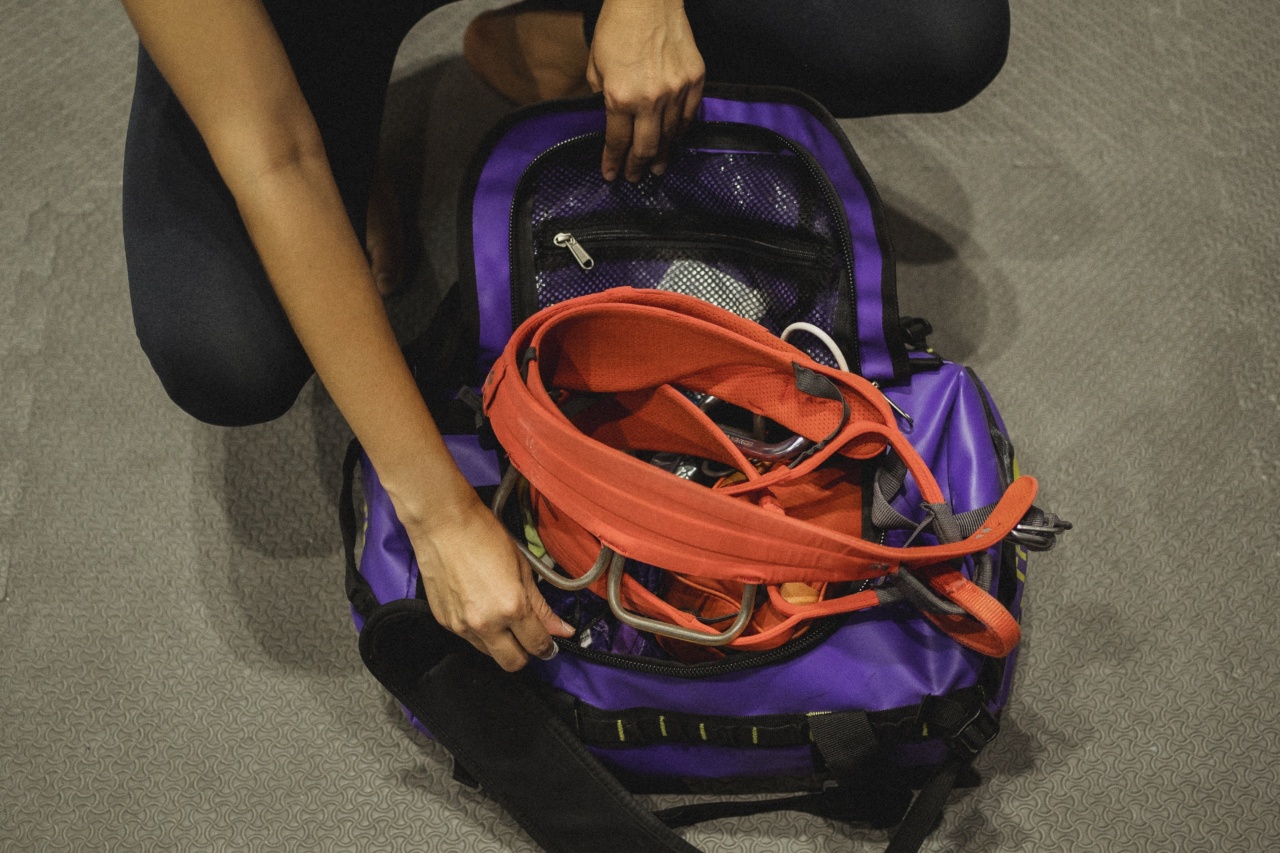As expectant parents, the countdown to your little one’s arrival has probably begun. Preparing for a child can feel daunting, especially if you’re first-time parents.
There’s so much to think about, from creating a welcoming nursery to stocking up on diapers and clothing. With a little bit of planning and organization, however, you can ensure that you’re ready for your baby’s arrival.
1. Create a realistic budget
Before your baby arrives, create a budget that takes into account all the expenses you’ll incur.
Some of the significant costs include medical bills, baby gear (stroller, crib, car seat), clothing, and diapers, not forgetting the cost of childcare if you’ll need it. Figure out how much you’ll need and plan accordingly. Make sure you allow for some extra expenses you may have not anticipated.
2. Babyproof your home
A babyproofed home ensures a safe environment for your baby. Hazards such as sharp edges, choking hazards, and tall furniture can pose an enormous risk to your newborn.
Cover electrical outlets with plastic caps, install safety gates to block stairs or other dangerous areas, and keep small objects out of reach. Also, purchase baby gear that meets safety standards.
3. Plan for meals
Preparing meals can be challenging once your baby arrives, making meal planning a crucial step. Prepare and freeze meals beforehand, or join a meal delivery service.
Plan for easy meals that don’t require much preparation when you’re exhausted, such as sandwiches or omelets. Also, consider setting up a meal train or organizing friends and family to bring meals.
4. Set up the nursery
You don’t need a Pinterest-perfect nursery, but it’s essential to create a comfortable and functional space. Choose a location with good circulation, temperature control, and sufficient light. Purchase a crib, dresser, and changing table.
Also, buy a few outfits, waterproof pads, and a baby monitor.
5. Learn basic baby care
As much as caring for a newborn is intuitive, having some knowledge on how to handle a delicate newborn can help put your mind at ease. Attend new parent classes or seek advice from friends and family members who have had children.
Also, learn how to bathe, diaper, and feed your baby.
6. Get your paperwork in order
Documentation is a crucial part of preparing for a newborn. Make sure all critical documents are in place, including insurance details, medical records, and birth certificates.
Also, consider speaking with a lawyer to draw up a will and assign guardianship in case of untoward events.
7. Start stocking up on diapers and supplies
One thing that never runs out of stock is baby poop. Stocking up on diapers can save you frequent trips to the store. Purchase various sizes of disposable diapers or stock up on cloth diapers.
Also, stock up on wipes, diaper cream, and other essential supplies.
8. Plan your postpartum recuperation
Having a baby is no light affair, and your body needs time to heal. Long nights of cuddles, feeding, diaper changes, and general care can take a toll on your body and emotional wellbeing. Place recuperation as a priority on your to-do list.
Plan for a suitable postpartum exercise regime, ask for help from friends and family, and be kind to yourself.
9. Set up a support system
Caring for a newborn can be overwhelming, and parents can easily burn out. A solid support system can help alleviate the stress and pressure of handling a newborn. Reach out to family and friends and accept any help offered.
Join a new parent’s group or find online support groups for new parents.
10. Enjoy the journey
The arrival of a newborn can be rife with anxiety and fear of the unknown, but it can also be an exciting and heartwarming time. Enjoy the journey of parenting, from the first cuddles to the first steps.
Cherish the small milestones and take plenty of pictures.
The bottom line
Preparing for a newborn requires adequate planning, organization, and preparation. Creating a budget, babyproofing the house, planning for meals, setting up the nursery, and learning basic baby care are essential steps.
Additionally, planning your postpartum recuperation, setting up a support system, and enjoying the journey are crucial aspects of preparing for your newborn.































